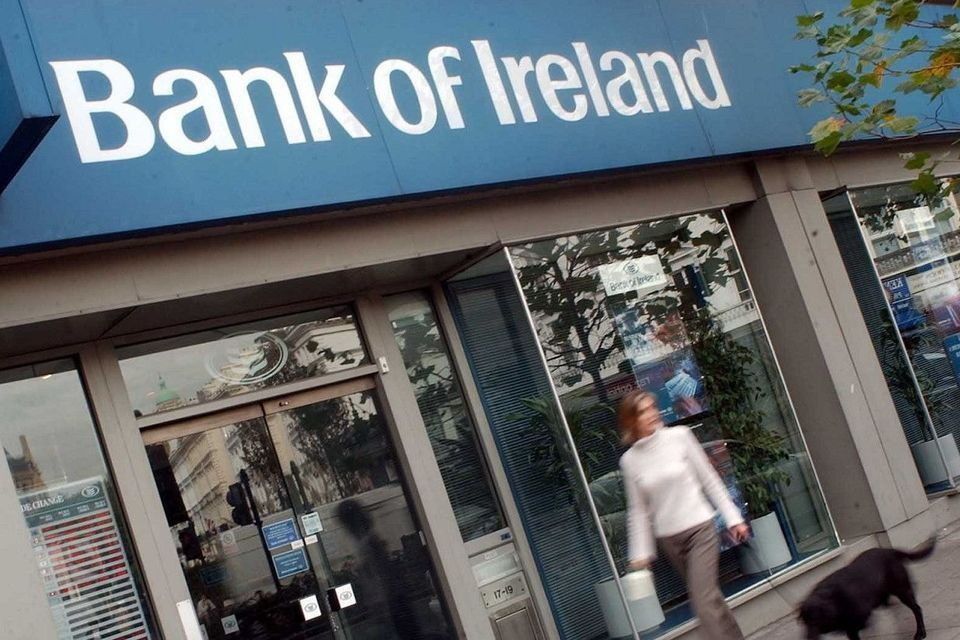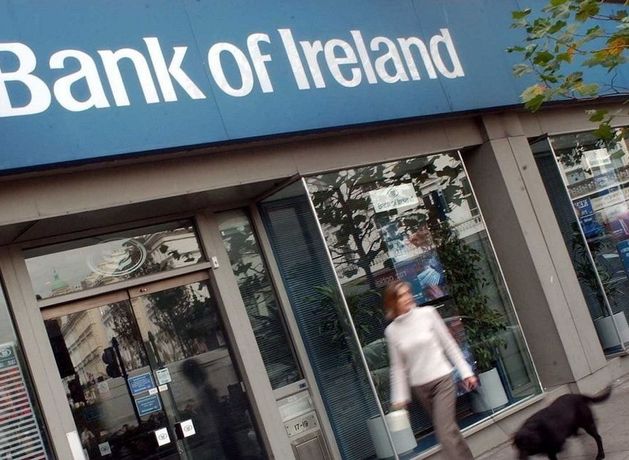That’s likely to be closely watched across a range of sectors by employers and workers as the post-Covid shift to hybrid work appears to be entering a less flexible phase.
In the meantime, union members at the bank have been told to ignore the return-to-office deadline.
The impasse began in early July when Bank of Ireland said it was changing its hybrid working rules so employees must work a minimum of two days a week, or eight days a month, in an office from September 1.

Bank of Ireland. Stock image. Photo: PA
Today’s News in 90 Seconds – August 20th
The Financial Services Union (FSU), which represents many of the bank’s staff objected to the move and issued a directive to its members this month effectively telling them to ignore the order and continue current working practices in September.
The FSU claimed Bank of Ireland’s “unilateral” decision to change working practices breaches agreed procedures.
The union has also argued the bank failed to engage meaningfully in discussions on the issue.
In the latest escalation on Wednesday, FSU general secretary John O’Connell said staff felt frustrated, angry and ignored by senior management.
“The FSU have been left with no option but to refer this matter to the WRC,” he said.
The WRC provides a forum for conciliation conferences under an independent chair in situations where direct talks between workers and employer break down. Participation in that process is voluntary, for all sides.
The FSU said Bank of Ireland management had not engaged in “meaningful negotiations” with the FSU on their proposed changes to their hybrid working model.
“Despite some progress being made, the bank have refused to engage on the main issues of concern,” he said.
Bank of Ireland has argued the issue of hybrid working arrangements is not covered by collective bargaining agreements negotiated with the union and therefore sees no role for the FSU in discussions.
Bank of Ireland’s hybrid model means when staff have to be at an office they can work from their team base or a number of alternative locations including central office buildings in Dublin 4, Cabinteely, Tallaght and Kilkenny, and 14 hubs in Louth, Cork, Kildare, Wexford, Limerick, Galway, Mullingar and Dublin.
